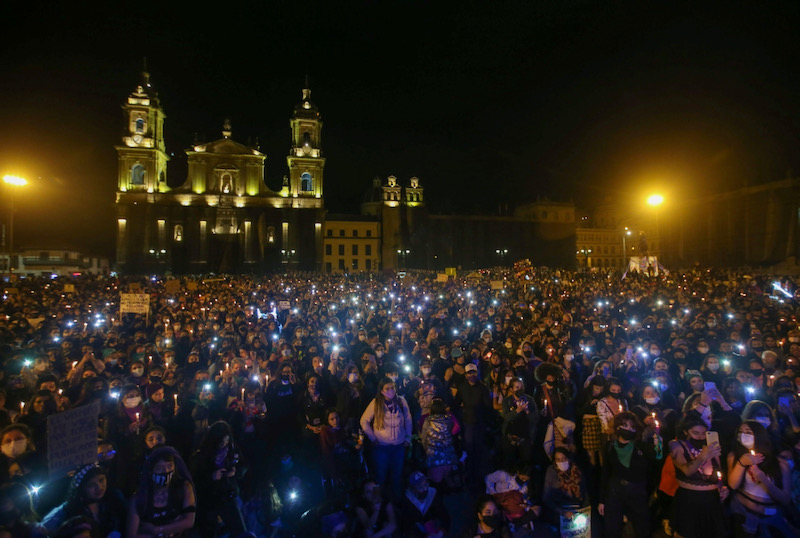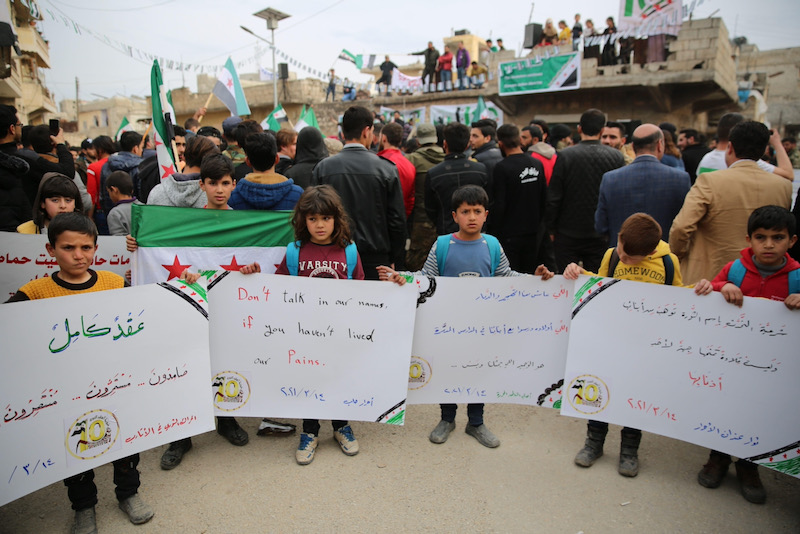The Jesuit Refugee Service has reported an “extreme crisis” in Syria with 60 per cent of the population at risk of starvation.
Marking the tenth anniversary of the Syrian Civil War the Jesuit Refugee Service, alongside Catholic charity Entreculturas, have issued a statement summarising the dire situation caused by the ongoing conflict, saying that the situation has reached “a point of extreme crisis”.
Numbers are uncertain, but hundreds of thousands have already died and millions have been forced to flee the country or been internally displaced over the course of one of the gravest and most devastating conflicts in the world. But according to the statement issued by the Jesuit Refugee Service, matters are getting even worse, “the Syrian currency has devalued to a level unseen in history and prices of food and other essential items have increased by more than 200 per cent.
“People are starving: an estimated 60 per cent of the population do not have regular access to safe and nutritious food. More than half a million children under five are stunted from chronic malnutrition. Sanctions imposed by the international community have worsened the economic situation and hurt the most vulnerable. In addition to ongoing security concerns and widespread damage to infrastructure from years of conflict, the economic situation makes it impossible for many to survive.”
More worryingly still the problems are not confined within Syria’s borders: “Neighbouring countries are facing similar crises that weaken their capacity to support citizens and refugees, which worsen already dire living conditions for refugees.
“For example, Lebanon is facing equally drastic devaluation and economic collapse, prolonged closures in the country due to political protests and COVID-19 measures, and a seismic explosion in Beirut in August 2020 which killed 200 people, injured 7,000 and made thousands homeless. Fifty percent of Lebanese are living below the poverty line whilst 89 per cent of Syrians in Lebanon are living in extreme poverty.”
The Jesuit charity called for nations to stop forcibly deporting Syrian refugees, to “share responsibility through the provision of opportunities for asylum, resettlement and complementary pathways” and for the severe and urgent basic needs of Syrian refugees and vulnerable host communities” to be met, with particular emphasis placed on “quality education for children”.



 Loading ...
Loading ...